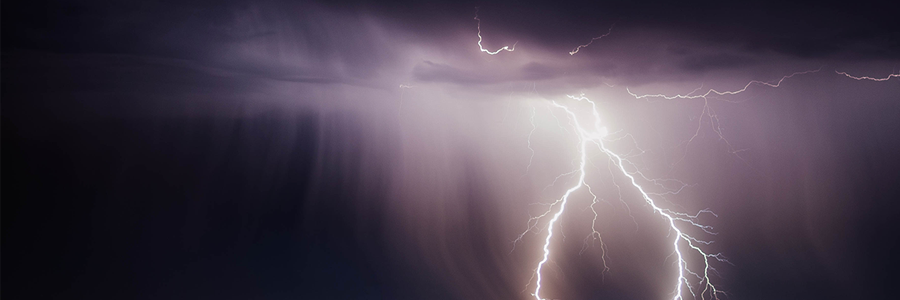
What to Do in Case of a Power Outage
May 03, 2017
Half of surviving a power outage is making sure you are prepared for it before it happens. Here are some helpful tips to make sure you’re ready:
- Have the right number ready to call to report an outage. Remember, this is your local utility provider, not necessarily the company that supplies your electricity.
- Create an emergency preparedness kit, including a flashlight, batteries, cash, and first aid supplies.
- Keep a rechargeable power pack charged up with compatible adapters for phones or any devices that require power.
- Know where the manual release lever for your electric garage door opener is located (and practice operating it).
- Have some block ice on hand or freeze water-filled plastic containers to help keep food cold.
- Keep your car’s gas tank full. (Gas stations have electric pumps, and during an outage you might not be able to refuel.)
- Check out local shelters and your state’s website to learn about emergency plans in your area.
- Have a backup plan if you or a family member rely on a power dependent medical device.
During an outage, follow these protocols:
- Use flashlights instead of candles, if possible, to reduce fire hazards.
- Keep refrigerator and freezer doors closed as much as possible. Food should be kept in a closed refrigerator for several hours. Even without power, a full freezer will remain cold for 48 hours.
- Consider relocating to a movie theater, mall, or other air conditioned space if it is very hot or very cold.
- Turn off or disconnect appliances. for When the power comes back on it can cause a surge.
- Only use generators away from your home. NEVER run a generator inside a home or garage, or connect it to your home's electrical system.
After an outage, stay safe and plan for the next event.
- Throw away any food that has reached 40° F (4° C) for 2 hours or more or that has an unusual odor, color or texture. Better to throw food away than get food poisoning. If food in a freezer is colder than 40° F and has ice crystals on it, it can be refrozen.
- Contact your doctor if you had refrigerated medications.
- Restock your emergency kit with fresh batteries and supplies, and restock your food supplies.
For more ideas on how to weather a power outage and useful links, visit https://www.ready.gov/.
Source:
Most Viewed Pages
- Where does your Power come from?
- How Much Heat Does a Lamp or a Light Bulb Give Off?
- Your Summer Survival Guide: Reduce Energy and Prepare for Hurricanes
- This or That Thursday: Coffee Maker, or Toaster?
- What You Ought to Know About Kilowatt Hours - kWh Explained
- Fall Energy Saving Tips!
- Cutting Costs Around the House
- 6 Tips for Finding an Energy Efficient Home
- The Four Best Things You Can do to Cut Energy Use in your Home
- 4 Ways to Improve Air Conditioner Efficiency











